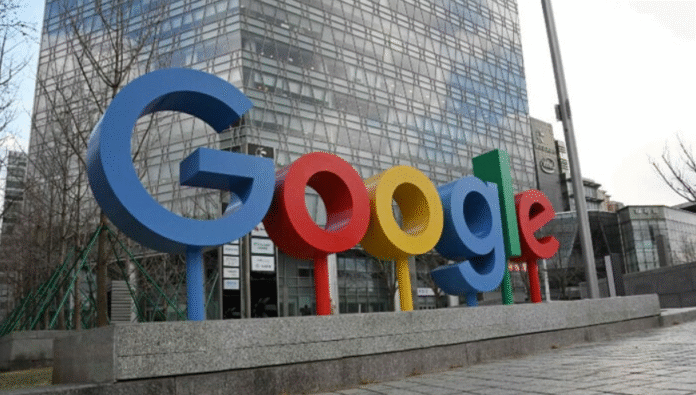Google Australia Anti-Competitive Fine: $36M Penalty Shakes Telecom Market
Google has agreed to pay a $36 million fine in Australia after admitting to anti-competitive practices that restricted fair competition in the search engine market. The Google Australia anti-competitive fine case highlights how exclusive deals with telecom giants Telstra and Optus limited consumer choice, sparking concerns among regulators and businesses worldwide.
The fine was imposed by the Australian Competition and Consumer Commission (ACCC), which revealed that Google paid the two largest Australian telcos to pre-install its search app on Android smartphones. This arrangement, active between 2019 and 2021, unfairly disadvantaged rival search engines like Bing, DuckDuckGo, and others.
Why the Google Australia Anti-Competitive Fine Matters
The penalty marks one of the biggest legal confrontations Google has faced in Australia, following a series of high-profile disputes with regulators. Recently, Google also lost parts of a legal battle with Epic Games, the maker of Fortnite, which accused the tech giant of blocking rival app stores.
Additionally, Google’s YouTube was banned for under-16 users in Australia, joining other social platforms restricted under child protection laws. Together, these incidents reveal how Australia is becoming a testing ground for big tech regulation.

How Google’s Deals With Telcos Limited Competition
According to the ACCC, Google struck exclusive revenue-sharing deals with Telstra and Optus. In exchange for pre-installing Google Search, the telcos received a share of Google’s advertising revenue.
The ACCC found that:
-
These deals gave Google an unfair advantage by reducing visibility for alternative search engines.
-
Millions of Australians were indirectly pushed into using Google without a fair chance to choose competitors.
-
The agreements substantially lessened competition during the contract period.
In response, Google acknowledged that the arrangement had harmed competition and pledged to end similar practices in the future.
ACCC’s Statement on the Google Australia Anti-Competitive Fine
ACCC Chair Gina Cass-Gottlieb said the ruling will empower Australians with more search engine choices.
“Today’s outcome creates the potential for millions of Australians to have greater search choice in the future, and for competing search providers to gain meaningful exposure,” Cass-Gottlieb noted.
The regulator and Google jointly submitted the fine to the Federal Court for approval, avoiding what could have been a lengthy and costly litigation process.
Google’s Response to the Fine
A Google spokesperson stated that the company was glad to resolve the ACCC’s concerns and emphasized its commitment to fair practices.
The spokesperson added:
-
Google is offering more flexibility to Android manufacturers to pre-load browsers and search apps.
-
The company remains focused on keeping costs low while still competing with Apple in mobile ecosystems.
-
The provisions that led to this fine are no longer included in Google’s commercial agreements.
This statement shows Google’s effort to rebuild trust while preventing further regulatory crackdowns.
What This Means for Consumers
The Google Australia anti-competitive fine could reshape how search engines compete globally. If more regulators adopt Australia’s stance, tech giants may face tighter restrictions on how they negotiate with device manufacturers and telcos.
For consumers, this means:
-
More search engine options pre-installed on new devices.
-
A fairer marketplace where rivals like Microsoft Bing or DuckDuckGo can gain visibility.
-
Reduced dominance of a single search engine provider.
Global Implications of the Google Australia Anti-Competitive Fine
Australia is not the first country to challenge Google over its dominance. In the European Union, Google was fined €4.3 billion for similar Android-related anti-competitive practices. In the United States, regulators have also been investigating Google’s deals with device makers.
This shows that Australia’s ruling aligns with a growing global trend to limit the monopoly of tech giants. Businesses and policymakers worldwide will closely watch how this fine impacts future regulatory actions.
Final Thoughts
The Google Australia anti-competitive fine is a landmark case that reinforces the importance of fair competition in digital markets. By penalizing exclusive deals with Telstra and Optus, the ACCC has paved the way for more transparent and consumer-friendly practices.
As Google adapts to these changes, the ruling will serve as a wake-up call for other global tech companies that rely on dominance strategies to stay ahead.

